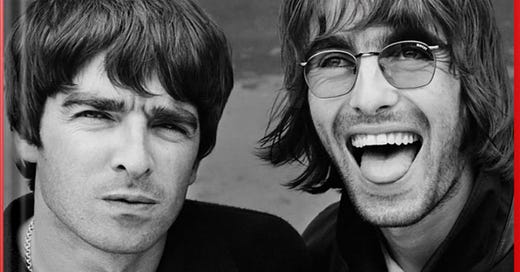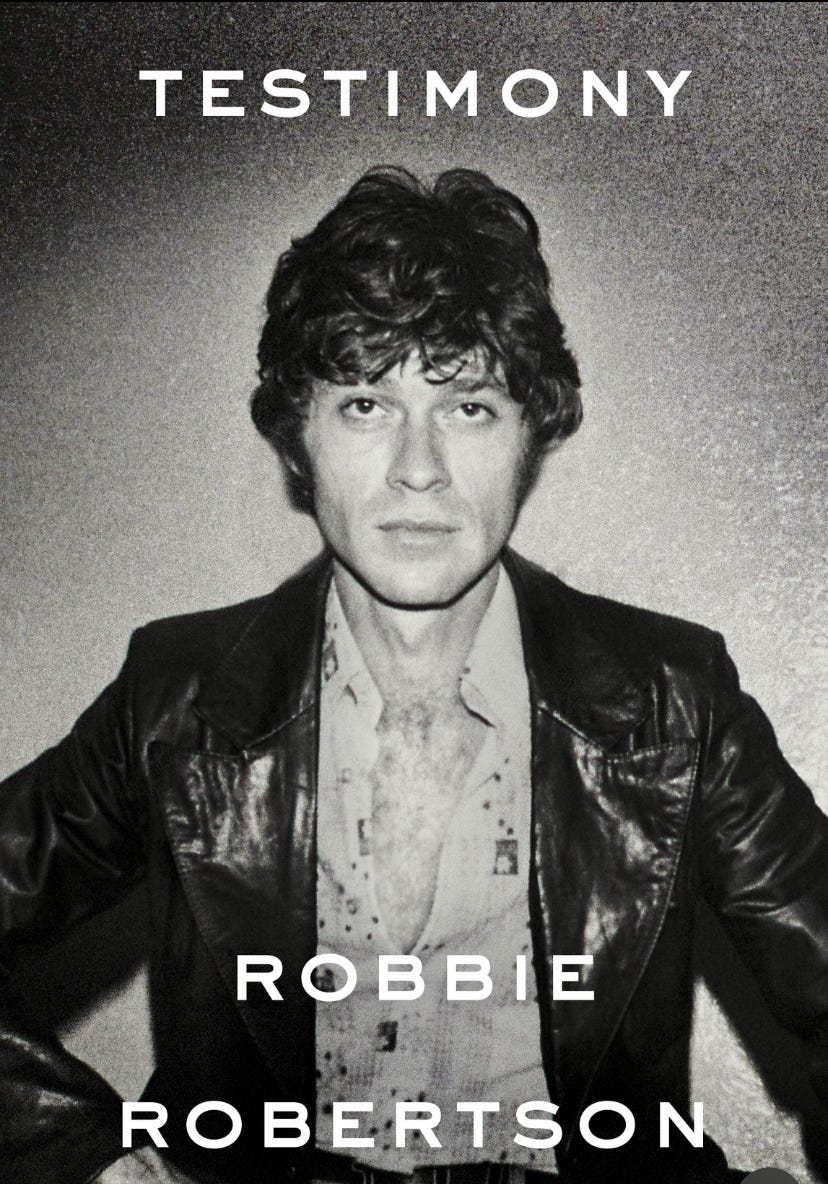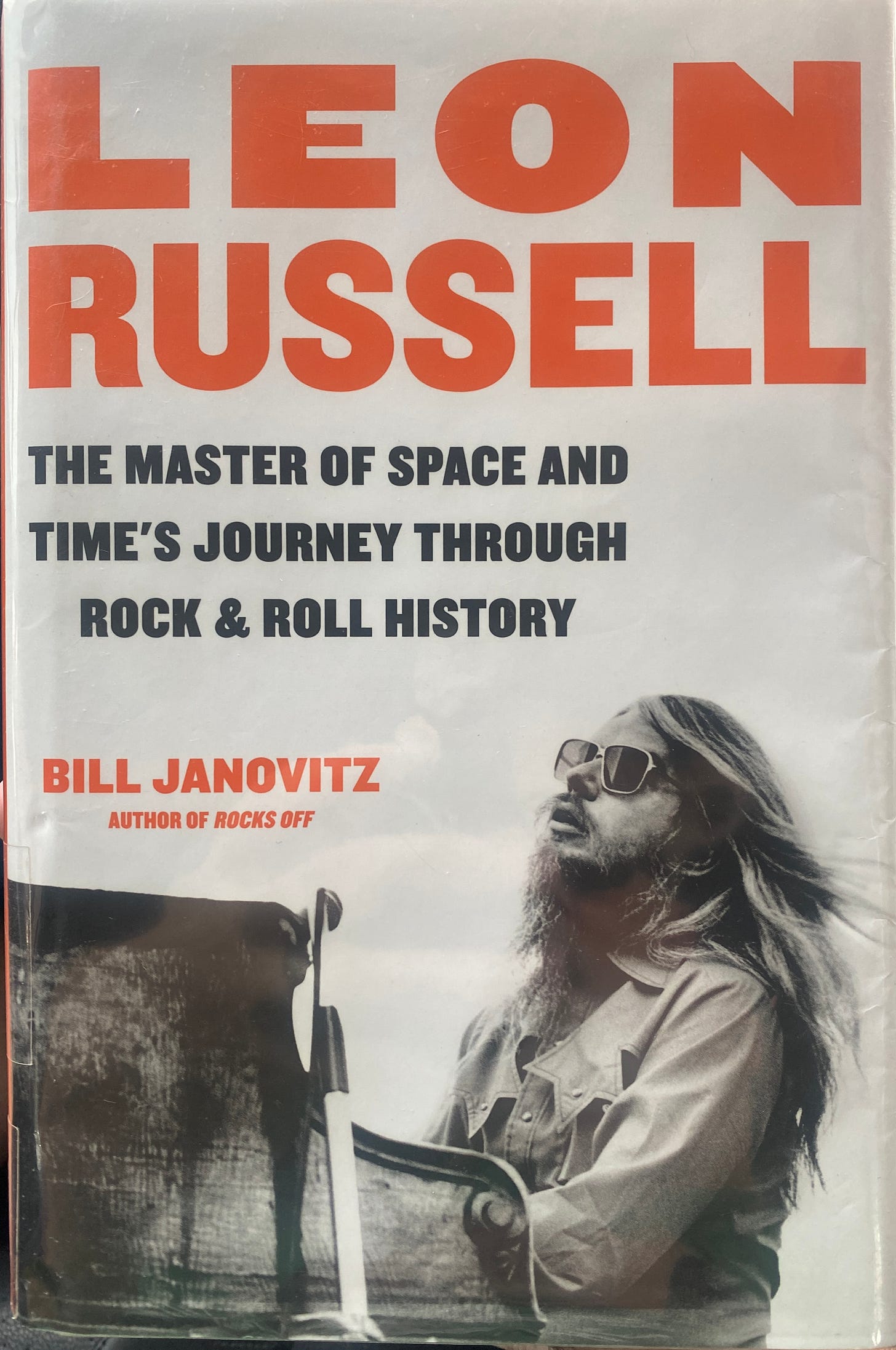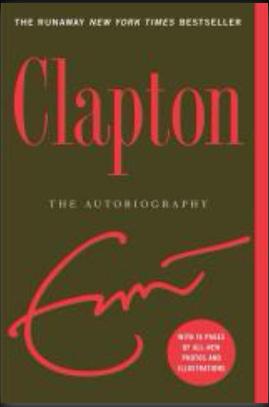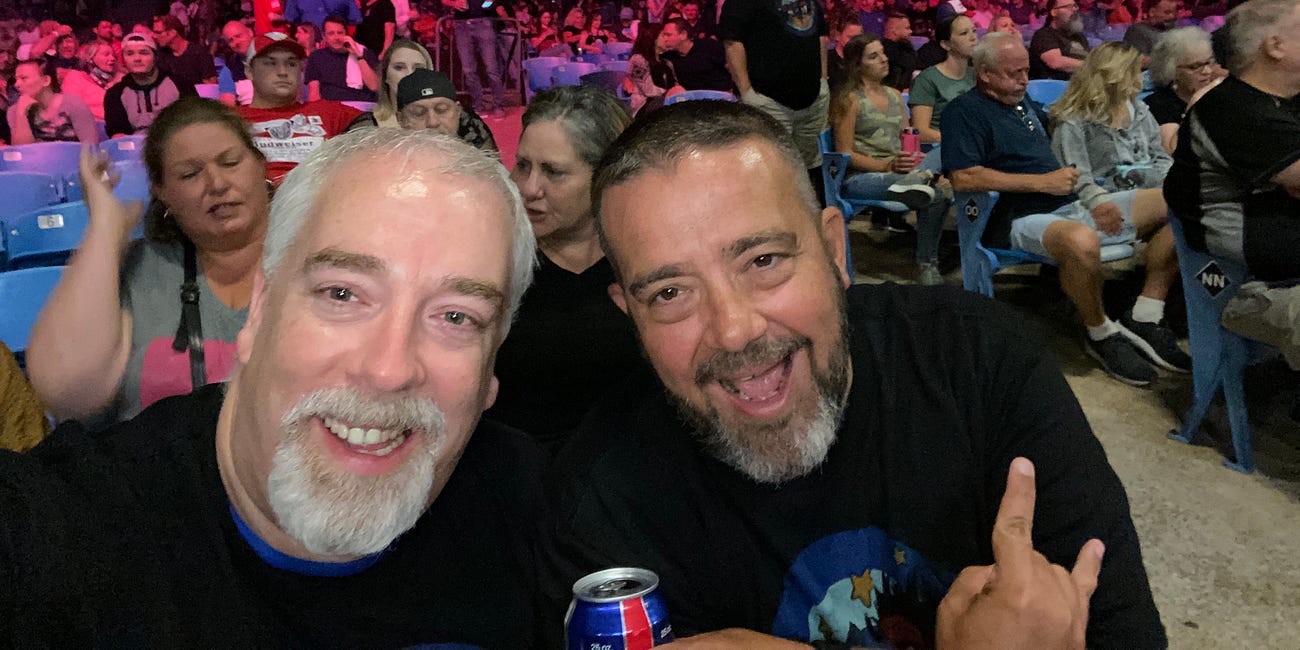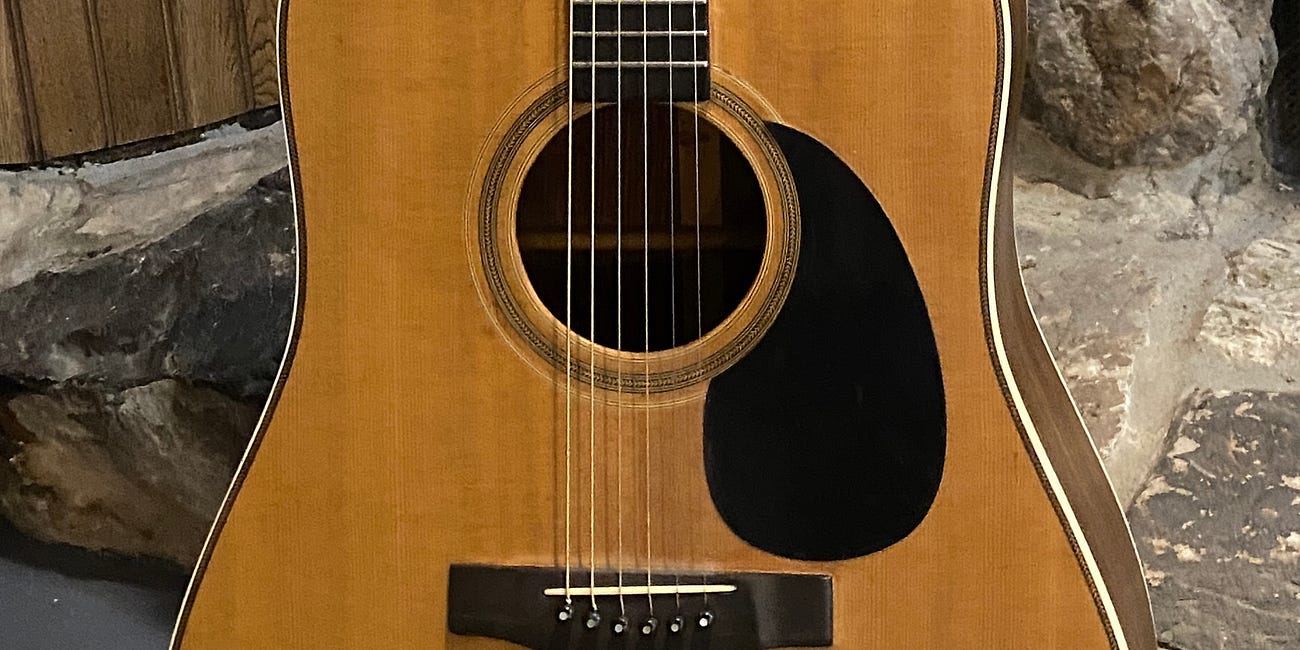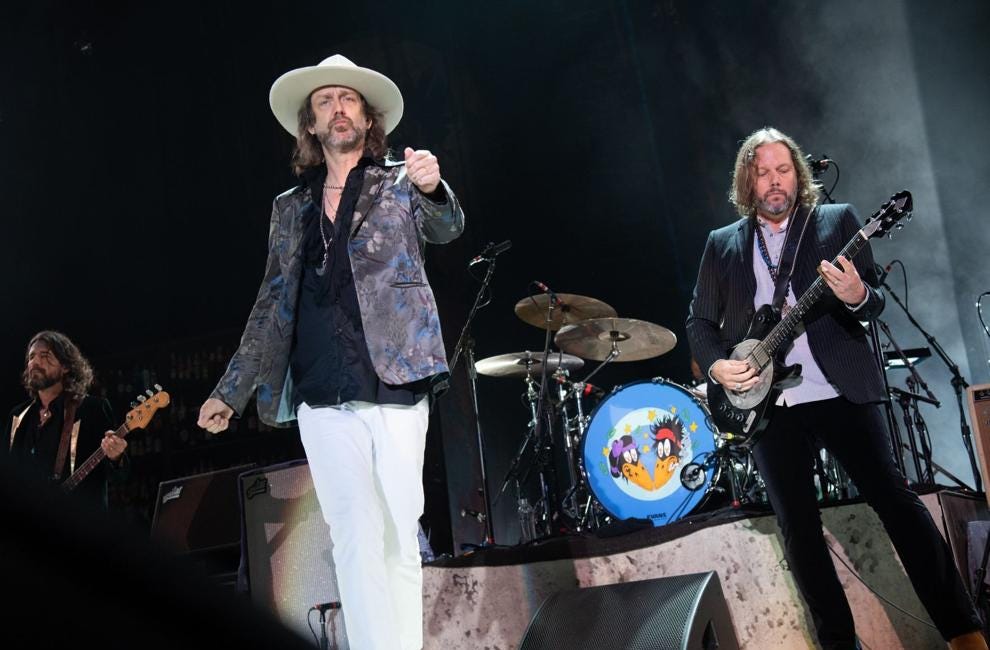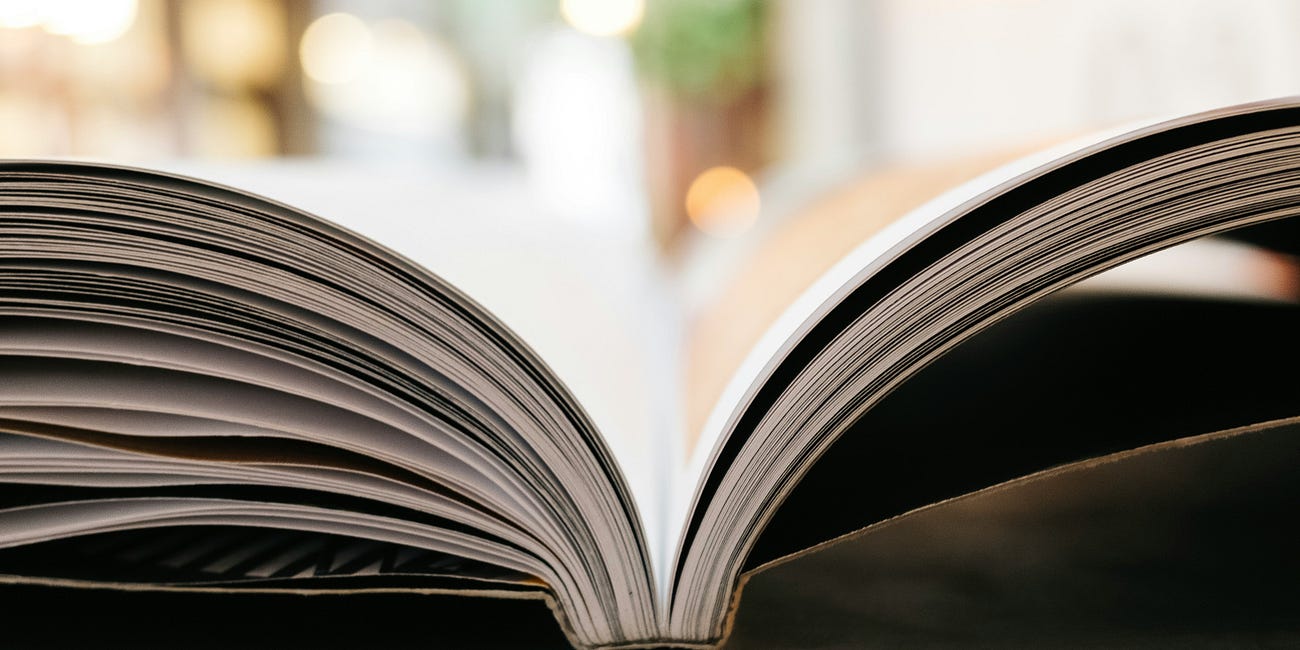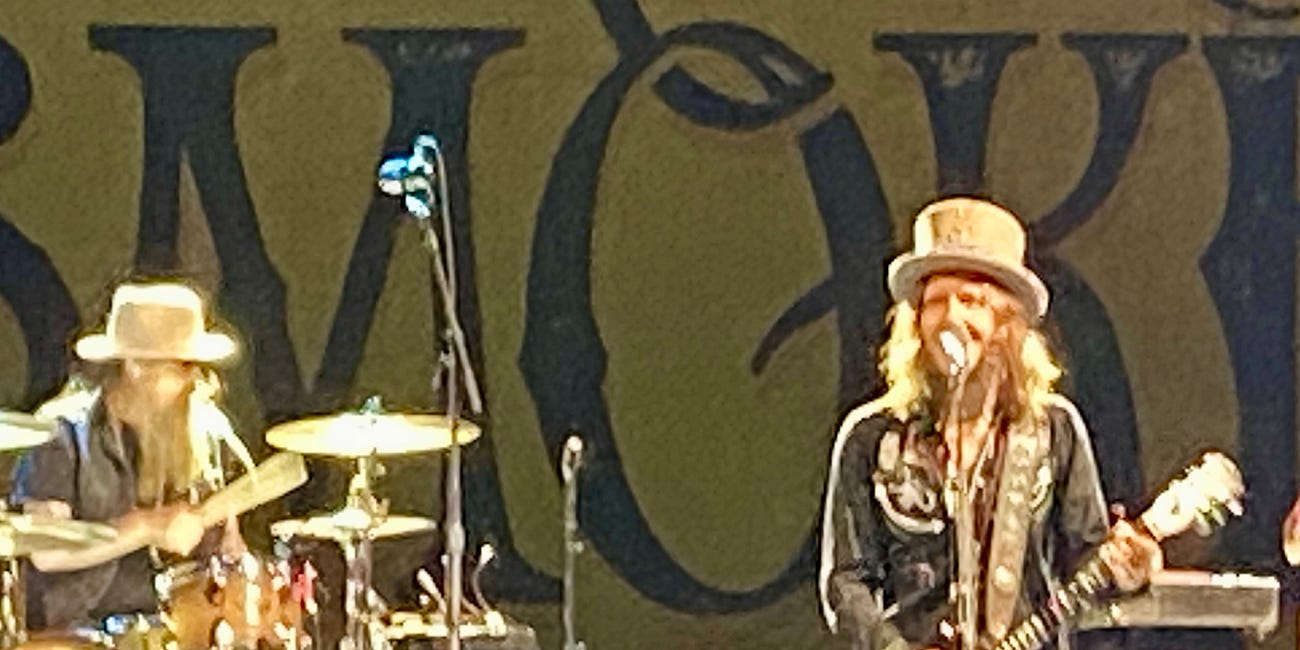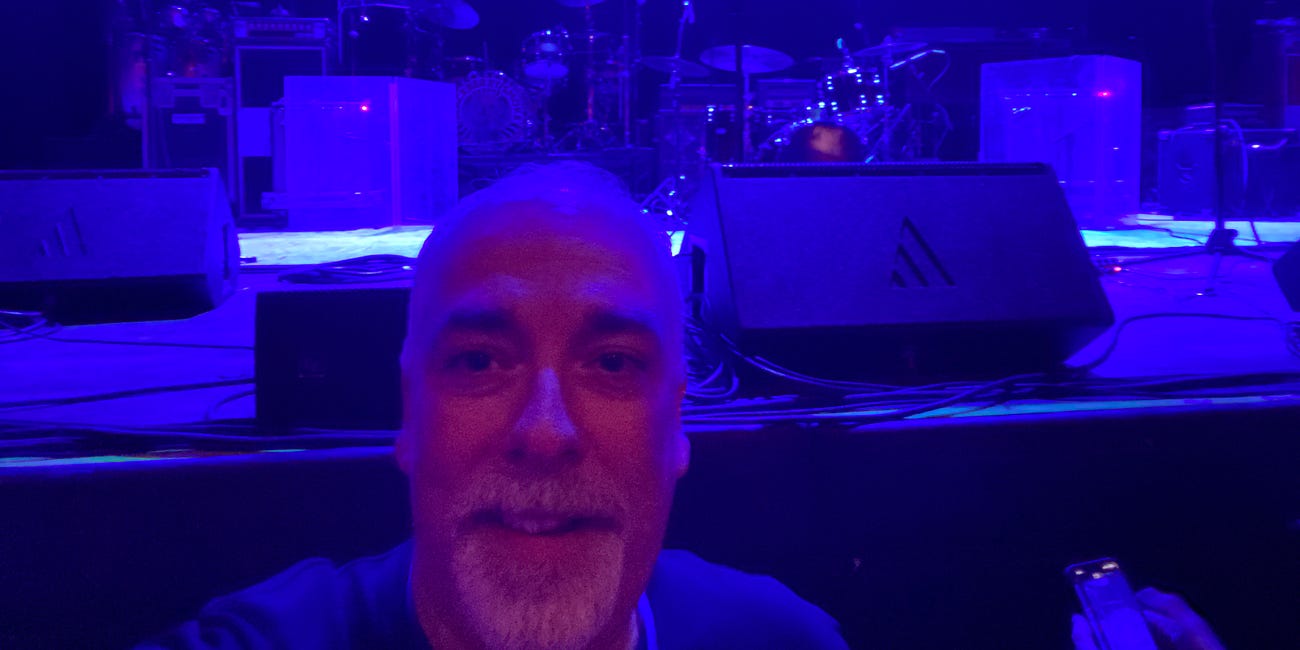Someday you will find me: My path to Oasis
The English bad boys from the 90s are together again, and some other things I've been consuming
Oasis is back, and they’re coming to America. They’re playing at Soldier Field in Chicago on Aug. 25, 2025.
I want to be there, but … tickets have proven elusive.
It’s been a weird route to becoming a fan, but I don’t know that I’m alone as an American who, by the time the band broke up in 2009, basically remembered somewhere between two and four Oasis songs.
But I’d always really loved those songs — “Wonderwall” and “Champagne Supernova.” If they came on the radio or on random shuffle, I’d always listen. In around 2017, my then-9-year-old son Sully heard “Wonderwall” and decided to listen to more Oasis. He dug in to the greatest hits album, Time Flies... 1994–2009, and soon had me listening to Oasis songs I’d never heard — particularly from their first album, Definitely Maybe.
The State of Amorica guys had sung the praises of the last Oasis album, Dig Out Your Soul, and I’d planned to check that out at some point. But once the reunion was announced last month, I knew it was time for a true Oasis deep dive.
In addition to listening to all six studio releases and the excellent B-sides compilation, The Masterplan, I also watched the 2016 documentary, “Oasis: Supersonic,” which is a good introduction to the band, and read the books, “Getting High: The Adventures of Oasis,” and “OASIS Forever the People” — both by music journalist Paolo Hewitt.
I enjoyed the documentary and it was fun seeing video of the band, especially during key moments of their career. But it only covers through What’s the Story Morning Glory? and the immediate aftermath. I get that’s the most commercially successful part of the band’s career, but that doesn’t mean what came after wasn’t interesting.
Hewitt is a talented writer and his books are an intimate look at the band — the first book covering, like the documentary, through the second album. The second book focuses on the world tour immediately following their divisive but ultimately successful Be Right Here album, which was their third release.
“Getting High,” traces Oasis’ roots and influences, which are many and include Gaelic music and soccer chants, but also punk, club music and Neil Young. Hewitt captures the band’s genius and volatility, but also the endearing side behind their crusty, arrogant personas.
I loved this line from Hewitt regarding Oasis’ approach at live shows: “Their attitude was, this music is great and to be honest we really don’t think you deserve it. But here we are, here it is, and if you like it then that’s how it should be. And if you don’t, that just proves our points. Dickheads.”
I can’t remember how many times the book made me LOL, but these passages from the Gallaghers regarding life on other planets were two of my favorites:
First, Liam: “If I saw an alien, I’d tell it to fuck right off because whatever planet he came from they wouldn’t have The Beatles or any decent fucking music, so they can fuck right off, I ain’t going nowhere with them.”
Hilariously enough, Noel’s thoughts on aliens also come back to the Beatles — this came hundreds of pages later.
“I’m going to be the first person to play on Mars and when I play there I am going to tell those extraterrestrials, ‘Look, sooner or later you’re going to hear about this group, The Beatles. But don’t take any notice. They were all right — but Oasis, that’s the ones you want.’”
With “Forever the People,” Hewitt was less biographer and more imbedded journalist as the band embarked on the Be Here Now tour. It was fun and had interesting insights into the band members’ personalities, but I found the Gallagher boys less likeable as they struggled to deal with the pressures and hypocrisy that come with being one of the biggest bands in the world. The narcism levels are high in both brothers, and Liam’s anger levels could grow downright scary at times. By the end of the book, I was as ready for the Be Here Now tour to be over as the members of Oasis were.
In addition to Hewitt’s books, I recommend author and journalist Steven Hyden’s rankings of every Oasis song. Hyden has a level-headed take on the band, and also a love that shows in these rankings. His description of the effect the No. 1 song on the list had on a friend of his is everything I love about music.
Hyped that they were coming to the U.S. on their reunion tour, I went to the Oasis website and signed up for the presale code for the Soldier Field show (they decided to do two shows in several other North American cities, but not Chicago). I got in to buy tickets, but took too long shopping and suddenly they were gone. I thought it was a situation where a few were released at a time … it was not. The next day I logged in early for the sale for the general public; I got placed in a queue and the tickets were all gone before it got to me.
So now I’m on the secondary market. I really want to take Sully, and I’m holding out hope. Right now the prices are above what I’m willing to pay, but hopefully they’ll come down nearer to the show. Fingers crossed.
BOOKS
Here are some other books I’ve been reading:
Testimony, by Robbie Robertson
The Band guitarist and primary songwriter, Robbie Robertson, was a compelling storyteller with some fascinating tales. I didn’t know much about The Band’s story, in particular how Ronnie Hawkins and Levon Helm kept finding replacements for departing members for their band, the Hawks, in — of all places — Canada! One by one — Robinson, Rick Danko, Garth Hudson and Richard Manuel — joined the Hawks before eventually dumping Hawkins and striking out on their own.
The group backed Bob Dylan during the infamous 1966 tour during which he started his shows playing acoustic, but then — against the wishes of his folk purist fans — played electric sets with the Hawks backing him, often getting booed.
Then the group moved to Woodstock, NY, where they became known as The Band. During this time, they recorded with and without Dylan — the music that became their first album, Music From the Big Pink, and eventually, The Basement Tapes, with Dylan.
Drinking (and, unfortunately, driving), plus way too many drugs and some run-of-the-mill personality clashes began plaguing The Band early, though they managed a hell of a 10-year run that culminated in The Last Waltz, an unforgettable concert video directed by Martin Scorsese that’s given it’s due in this book.
If you have any love for rock history, read this book.
I’ve read since that drummer/singer Helm didn’t agree with Robertson’s take on the events surrounding the end of The Band and how Robertson ended up with all the songwriting credits when they were originally spread among the members of the band. I just started reading Helm’s autobiography and look forward to seeing how his take on events differ.
Leon Russell, The Master of Space and Time’s Journey Through Rock & Roll History, by Bill Janovitz
I knew almost nothing about Leon Russell going into this book, and though Janovitz at times is overly detailed and it becomes a tedious read, I was fascinated by Russell’s story.
Russell had a successful solo career and several notable collaborations, but he came up playing piano under his real name, Leon Bridges, in a band with Jerry Lee Lewis. Bridges changed his name and became a studio pianist, playing on almost every record of any genre recorded on the West Coast in the mid- to late-1960s. Beach Boys, Jan and Dan, all those Phil Spector-produced bands and songs — Da Doo Run Run, And Then He Kissed Me, By My Baby … he played on all of that.
But that was just the beginning. Gary Lewis and the Playboys? Leon coached Gary (son of comedian Jerry Lewis) through every word and played all the instruments (he was the Playboys in studio). He played on some of Badfinger’s records. And, he was friends with George Harrison, playing at The Concert for Bangladesh.
Leon played with Delaney & Bonnie and was also heavily influenced by them — as was Eric Clapton. Leon also played on Clapton’s first solo album, giving him the idea for “Blues Power,” and on Bob Dylan’s “Watching the River Flow” and “When I Paint My Masterpiece.”
Leon starred on Joe Cocker’s Mad Dogs and Englishmen tour — it was based on the big band white gospel sound of Delaney & Bonnie, and featured several members of that band. Leon then had a successful stretch as a solo artist during which he was one of the biggest draws in the world. But it didn’t last long. By the 1980s, his career had flopped, and divorce and spending excess haunted him.
Leon is among the rare rock stars who didn’t overdo drugs, though he did overeat, had a compulsion for building new recording studios and, apparently, a sex addiction. His career did have some occasional bouncebacks through collaborations with Willie Nelson and, toward the end of his life, Elton John.
But much of the last half of the book focuses on all the things Leon did wrong, and there were a lot. He tried hard to be a good family man and was part of his kids’ lives when he could be, but seemed to suffer from certain neuroses that kept him from maintaining relationships long term, be it with collaborators, friends or his kids (though he was married to his second wife, Janet, from 1983 until his death in 2016).
Janovitz was thorough in his interviews and research, and got some big names, including Clapton, along with several close family members including Janet and some of his children including Blue Bridges. And while I often appreciated knowing so many details, there were times some editing would have helped the book read better. There were often so many sources, many details were repeated. And there were too many details that didn’t add to Russell’s story in a significant enough way to include them.
Clapton, by Eric Clapton
Eric Clapton’s autobiography was a deeply honest book in which Clapton portrays himself as an asshole as a younger man, and boring as an older one.
The first half-plus was refreshingly introspective. Clapton admitted he never should have been called “God” and that there were a lot of players better than him at that time and subsequently. He allowed that he had a unique sound, but said Cream was thin-sounding because he couldn’t play as well as Buddy Guy, and he lost interest in Derek & the Dominoes once Duane Allman made it clear he wasn’t leaving the Allman Brothers.
At the peak of his career in the 70s he threw close to four years away on a heroin addiction he thought he needed to be a real blues player. Then, after finally cleaning up and marrying Patty Boyd (George Harrison’s ex-wife) following years of chasing her, he immediately didn’t want her and fell into alcoholism. He nearly killed himself with alcohol twice and ruined several relationships, including his marriage with Boyd, before finally getting sober.
The way he dealt with his son’s death while maintaining his sobriety was heartwarming. And while I hope his life now, with his wife and three adult daughters, is rewarding, it doesn’t come across in the book. Clapton’s descriptions of being an elderly Englishman in the last several chapters become reduced to the diary entries of a cranky old man: “Went out on the boat today. Wife spent too much money. People don’t dress like they used to. Saw some old friends. Had the whitefish.”
Music is awesome, which I somehow forgot, but then remembered
Some people are really good at knowing who they are. They develop identities young and perfect it as they go
Look Dad, I’m playing your guitar!
I was sitting in another room on my phone when I heard a familiar sound.
A Remedy for what is ailing me: The story of my Black Crowes fandom
The Black Crowes aren’t the biggest-selling, most talented, most prolific, or most influential band — the 70s revival didn’t last long in the 90s.
Rock biographies: A look at some of my favorites
Reading was always encouraged in my home growing up and I was never a tough sell.
March book reviews and mix tape, plus a goodbye to Blackberry Smoke's Brit Turner
Before I get to the reviews, I’m still struggling with the news of the death of Blackberry Smoke drummer Brit Turner on March 3. In my last concert review I hoped Brit would be back behind the kit when I saw the band in St. Loui…
'Going alone' to concerts, plus some book and record reviews
I never even considered going to concerts alone until last year.

